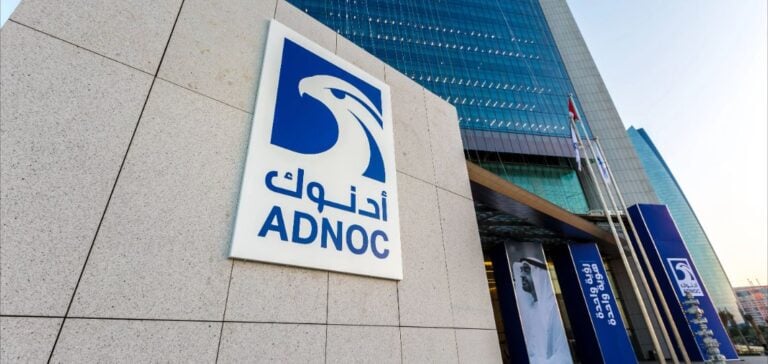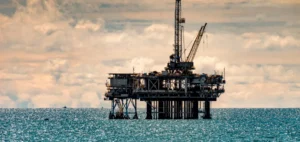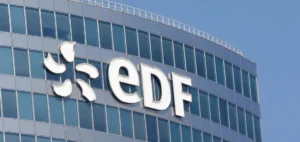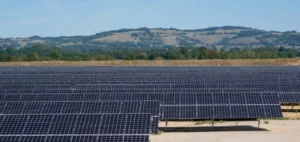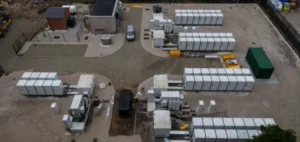The national oil company of the United Arab Emirates, ADNOC (Abu Dhabi National Oil Company), announces the integration of autonomous artificial intelligence (AI) into its operations. This deployment is part of ADNOC’s digital transformation strategy, aiming to increase process efficiency, manage resources more effectively, and limit operational costs.
ADNOC’s initiative aligns with the UAE’s objectives to become a major player in energy innovation. This AI, capable of continuous monitoring, analyzes massive amounts of real-time data to optimize production, maintenance, and energy resource management.
Optimization of energy production
The autonomous AI is configured to enhance production management. It monitors production processes in real time, adjusts operations based on analyzed data, and reduces the risk of failure. This system maximizes resource use while minimizing losses, contributing to increased production efficiency.
This real-time adaptability fosters production continuity and helps ADNOC maintain stable profitability. Improvements in process management also reduce energy consumption, aligning ADNOC with the requirements of a sustainable energy transition.
Predictive maintenance
Thanks to machine learning algorithms, the AI identifies early signs of equipment failure. This proactive approach allows targeted repairs before a malfunction occurs, reducing unplanned interruptions and maintenance costs.
Predictive maintenance also strengthens operational safety by enabling preventive interventions, which reduces risks to personnel and limits production interruptions. ADNOC can thus optimize infrastructure use while enhancing overall facility safety.
Emissions management and energy consumption
In addition to process and maintenance optimization, the autonomous AI allows for more precise energy consumption management. Based on collected data, the AI adjusts operations to minimize energy expenses and control greenhouse gas emissions. This capability supports ADNOC’s environmental commitments to carbon footprint reduction.
Continuous energy resource management aligns with the company’s sustainability goals, meeting international standards for emissions management and energy efficiency.
Impact and perspectives for ADNOC
The use of autonomous AI in ADNOC’s energy sector brings significant gains in costs, safety, and performance. Real-time data collection enables faster and more accurate decision-making, facilitating better resource management and reducing operational errors.
This management model could inspire other energy companies to integrate AI to optimize their operations, in the face of growing challenges in energy efficiency and carbon footprint reduction.


